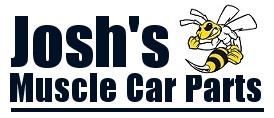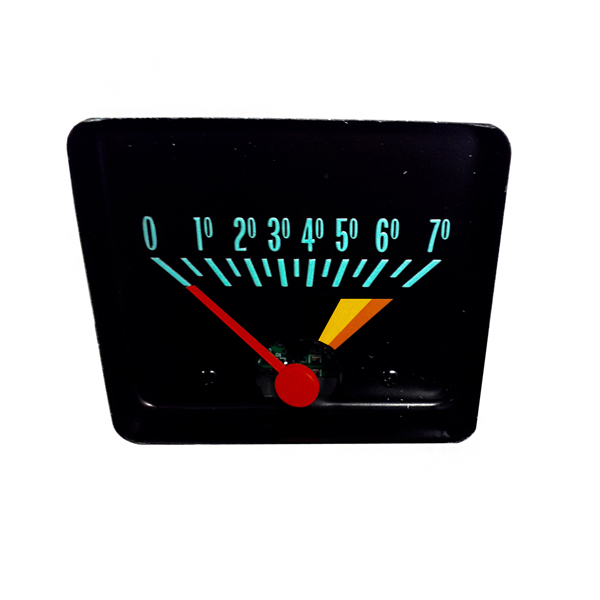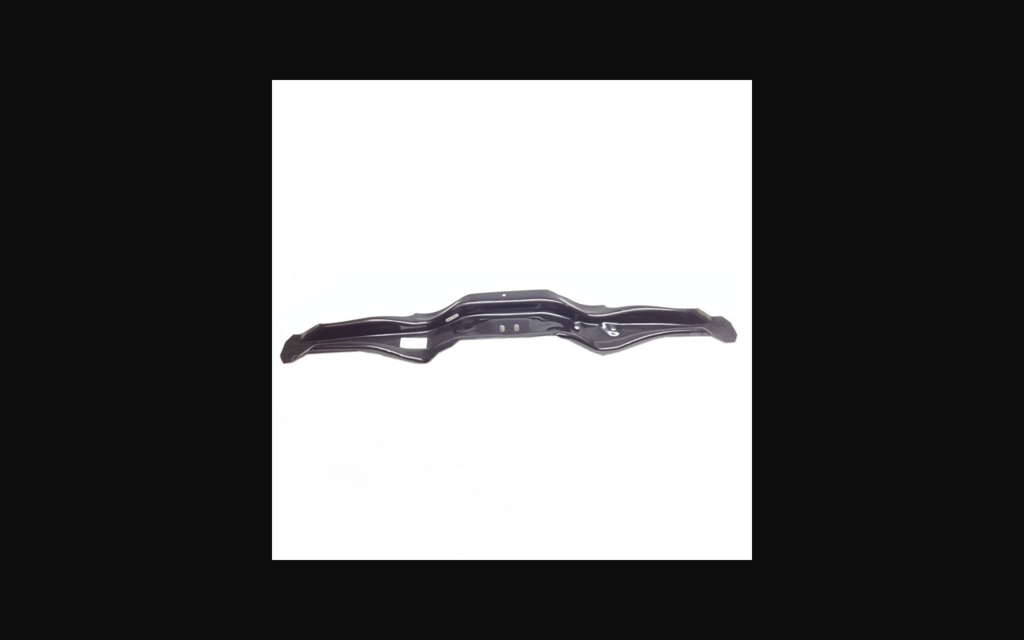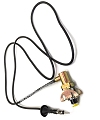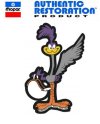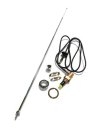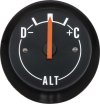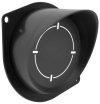|
Category List Featured Items
CA-N1824
1969-1970 Chevrolet Nova / Chevy II Tachometer W/6500-7000 RPM Redline from CA
$235.14
CA-GT1421
1968-1972 Pontiac GTO Convertible Transmission Crossmember from CA
$297.76
SC41816-1
1970 1971 1972 1973 1974 Cuda Antenna Wire/Base Kit - Correct 90 degree exit
$59.99
SC7210-3
1968-1970 Dodge Charger Antenna Assembly Cable Wire & Telescopic Mast & Hardware
$99.99
DD0158
1969 1970 1971 1972 1973 1974 Road Runner Standing Stand up Bird decal
$9.99
XD8219
1968-1970 Dodge Charger Exhaust Tip Hangers Set
$49.99
SC7213-3
1970-1974 Barracuda Cuda Antenna Assembly Cable Wire & Telescopic Mast & Hardware
$99.99
M-7009
1970 1971 1972 1973 1974 Mopar Go Wing Spoiler for E-Body Plymouth Barracuda.
$179.99
Category
|
|
Item Details |
|
Related Items
2984121
1970-1974 E Body Standard Dash Amp Meter Gauge
$106.50
2984140
1970-1974 E-Body Standard Clock Delete Plate
$75.03
|
Josh's Muscle Car Parts is a company that specializes in providing parts and accessories for classic and vintage cars. The company was founded in 1999 and has since become one of the most respected classic car parts suppliers in the Ohio..
Josh's Muscle Car Parts offers a wide range of products for a variety of classic and vintage vehicles, including Chevrolet, Ford, Dodge, and Plymouth. The company's product line includes everything from body panels and trim pieces to engine parts and accessories. Josh's Muscle Car Parts also offers a number of services, such as restoration consulting and design assistance.
One of the things that sets Josh's Muscle Car Parts apart from other classic car parts suppliers is the company's commitment to quality. Josh's Muscle Car Parts sources its parts from trusted manufacturers, and all of its products are rigorously tested to ensure that they meet the company's high standards. The company also has a team of experienced technicians who are available to answer customer questions and provide technical assistance.
In addition to its products and services, Josh's Muscle Car Parts is known for its customer support. The company has a knowledgeable and helpful customer service team that is available to answer questions and provide assistance. Josh's Muscle Car Parts also has an active online community, where customers can share their experiences and get advice from other classic car enthusiasts.
Overall, Josh's Muscle Car Parts is a well-respected and reliable source for classic and vintage car parts. The company's commitment to quality and customer service has helped it to earn a loyal following among classic car enthusiasts around the world.
The 1960s muscle car era was a time of great innovation and growth in the automotive industry. It was a period of intense competition between car manufacturers, as they sought to outdo one another with increasingly powerful and sophisticated vehicles.
During this time, muscle cars became increasingly popular, particularly among younger car enthusiasts. These cars were known for their large, powerful engines, aggressive styling, and high-performance capabilities. Some of the most iconic muscle cars of the era include the Chevrolet Chevelle SS, the Ford Mustang, and the Plymouth Road Runner.
The muscle car era was marked by a number of technological innovations that helped to push the limits of automotive performance. One of the most significant of these was the development of the V8 engine, which allowed for increased horsepower and torque. Other innovations included the use of lighter materials in car construction, the adoption of fuel injection systems, and the use of advanced transmission technologies.
The muscle car era was also marked by a strong sense of cultural significance. These cars were symbols of American muscle and power, and they were often featured in popular culture, such as movies and music. The muscle car era came to an end in the 1970s, as rising fuel prices and stricter emissions regulations led to a shift towards more fuel-efficient vehicles.
Despite the end of the muscle car era, these vehicles continue to hold a special place in the hearts of car enthusiasts around the world. They are celebrated as symbols of a bygone era of automotive innovation and power, and their legacy lives on in the modern high-performance vehicles of today.
